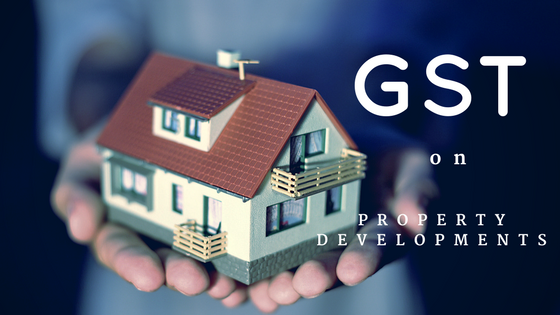Save Tax Before 30 June 2018
With the end of financial year fast approaching, NOW is the time to discuss for you to save tax before 30 June 2018, and take actions to reduce your tax.
In 2018 key priorities are to:
- Maximise superannuation contributions
- Bring forward deductible expenses
- Defer taxable income
- Manage capital gains
Pro-active tax planning and advice helps your business reduce its tax legitimately and increases wealth. It ensures that you are ready for your tax liability, and that it won’t come as a surprise.
There are a number of ways that small business can reduce their taxable income, these include:-
- defer income
- bring forward expenses
- pre-paying expenses
- consider contributing extra superannuation payments
- review any bad debts and write them off
- correct stock take and ensure none of it is obsolete
- make sure all your staffs super is paid before 30 June
- check whether you are eligible for R&D tax concessions
Now is also a great time to review other facets of your financial strategy which can include:
- review your superannuation performance for the year and whether an Self Managed Super Fund might be right for you
- examine if underperforming assets should be sold (especially if you have made a capital gain)
- check that you have budget and cash flow in place ready to go for the new financial year
- make sure you are ready for Single Touch Payroll.
If you would like to discuss options for your tax please contact us.
The sooner we get started, the sooner we can help you minimise tax before 30 June with plenty of time to implement strategies to suit you.


